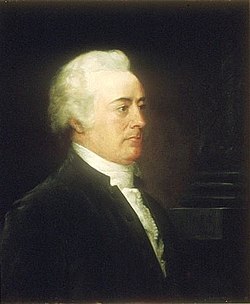January 9, 1779 | ||||||||||||||
| ||||||||||||||
| ||||||||||||||
| Elections in South Carolina |
|---|
 |
The 1779 South Carolina gubernatorial election was held on January 9, 1779, in order to elect the Governor of South Carolina. Former Governor John Rutledge was elected by the South Carolina General Assembly as he ran unopposed. The exact number of votes cast in this election is unknown. [1]
